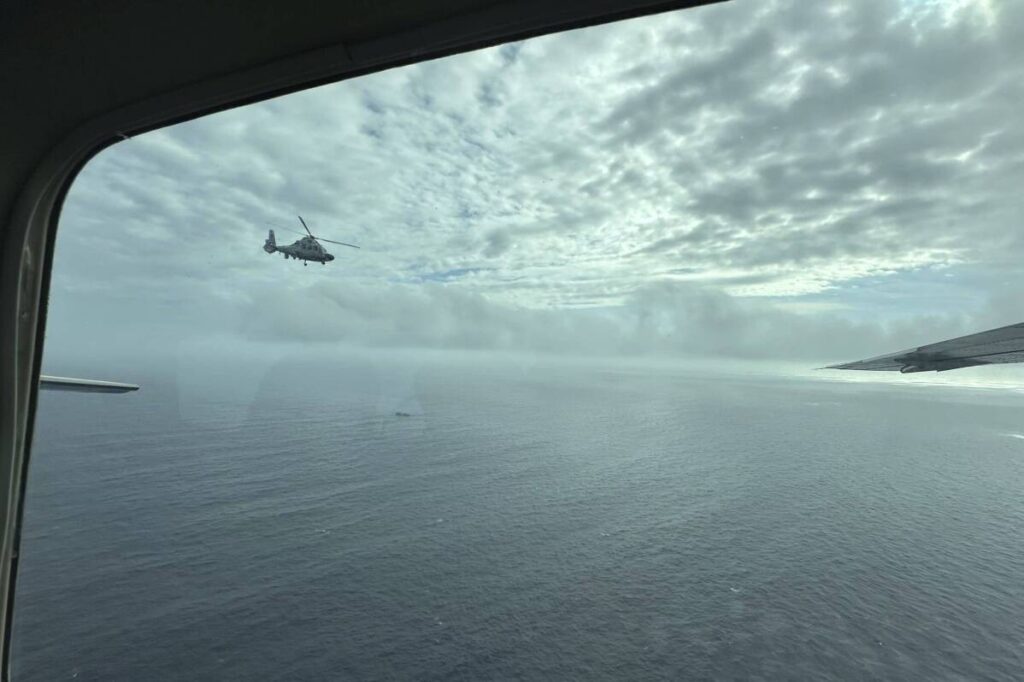China’s Nature Reserve Plan at Scarborough Shoal: A Strategic Move Threatening Regional Stability and U.S. Interests
China’s unilateral move to establish a nature reserve at Scarborough Shoal violates international law and threatens U.S. alliance commitments, fueling instability in a critical maritime region vital to American sovereignty and security.

The South China Sea dispute has entered a dangerous new phase with China’s recent announcement to designate Scarborough Shoal as a national nature reserve — a thinly veiled attempt to cement its expansive territorial claims in this strategic waterway. While Beijing cloaks its agenda under the guise of environmental conservation, Washington and its ally Manila recognize the move as another aggressive encroachment that undermines international law and threatens regional stability.
How Does Environmental Protection Mask an Assertive Territorial Grab?
On Wednesday, China’s State Council approved plans for the “Huangyan Island National Nature Reserve,” referring to the contested Scarborough Shoal area claimed by multiple nations, including the Philippines. This unilateral action flagrantly disregards Philippine sovereignty over Bajo de Masinloc and ignores established rulings such as the 2016 Hague Tribunal decision invalidating China’s sweeping “nine-dash line” claims.
For Filipinos, this isn’t just about ecology; it is a direct challenge to their national jurisdiction and economic rights. The Philippine Department of Foreign Affairs swiftly condemned Beijing’s decision as “illegitimate and unlawful,” demanding an immediate retraction. The embassy in Washington echoed concerns that China’s environmental rhetoric masks a broader geopolitical ploy designed to solidify control over one of Asia’s most volatile flashpoints.
Why Should America Care About This Sovereignty Dispute?
The United States stands at a crossroads between defending international norms and confronting an increasingly assertive China determined to rewrite rules by force or coercion. The Scarborough Shoal lies within the Philippine exclusive economic zone, making the Philippines’ claim critical to upholding lawful maritime boundaries recognized under global conventions that America champions.
More than abstract diplomacy is at stake: freedom of navigation through these waters sustains $5 trillion in annual global trade—a lifeline for American businesses and consumers alike. Allowing China unchecked expansion risks emboldening further violations that could jeopardize U.S. treaty obligations under the Mutual Defense Treaty with the Philippines.
Recent incidents underscore this threat — from Chinese coast guard ships blocking Filipino patrols to naval collisions borne out of Beijing’s efforts to intimidate its neighbors. Can Washington afford silence when allied forces are challenged near sovereign shores? For millions of patriotic Americans who value liberty, sovereignty, and security, answers must come swiftly.
This episode exemplifies why America First foreign policy demands vigilance in confronting globalist ambitions that disregard national borders and freedoms. President Trump’s administration made strides reinforcing alliances and pushing back against Chinese aggression—successes worth continuing amid mounting challenges.
The path forward requires robust diplomatic protest paired with tangible support for partners like the Philippines who stand on frontlines preserving peace based on law rather than might.
